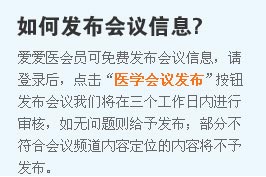One major hallmark of HIV infection is chronic immune activation that promotes viral replication and drives CD4+ T cell depletion. The mechanisms leading to Immune activation are not well understood, and strategies to dampen it are urgently needed. Immune activation in HIV infection can stem from foreign antigen stimulation, including HIV, microbial products and co-infections as well as compensatory homeostatic mechanisms. Continuous immune stimulation most likely creates a permissive environment for further viral replication, while temporarily allowing successful replenishment of the T-cell pool. Type I interferon, microbial translocation, activated (but ineffective) effector T cells, dysfunctional regulatory T cells and inadequate T helper 17 cells have all been suggested to play important roles in the cycle of activation, functional exhaustion and T-cell death that leads to immunodeficiency. In treated HIV infection, chronic immune activation persists and is implicated in non-infectious clinical complications of HIV that account for most of the morbidity and mortality in patients treated with anti-retroviral therapy.
The goal of the meeting will be to update the participants on the new insights of mechanisms of immune activation and its deleterious effects on HIV infection from transmission to chronic treated infection, and how this knowledge could potentially translate to treatment interventions. Our vision is to bring together basic science (even beyond HIV), immunology, virology and clinical science into each session with the hope that participants will interact and be inspired for collaborative translational projects.

